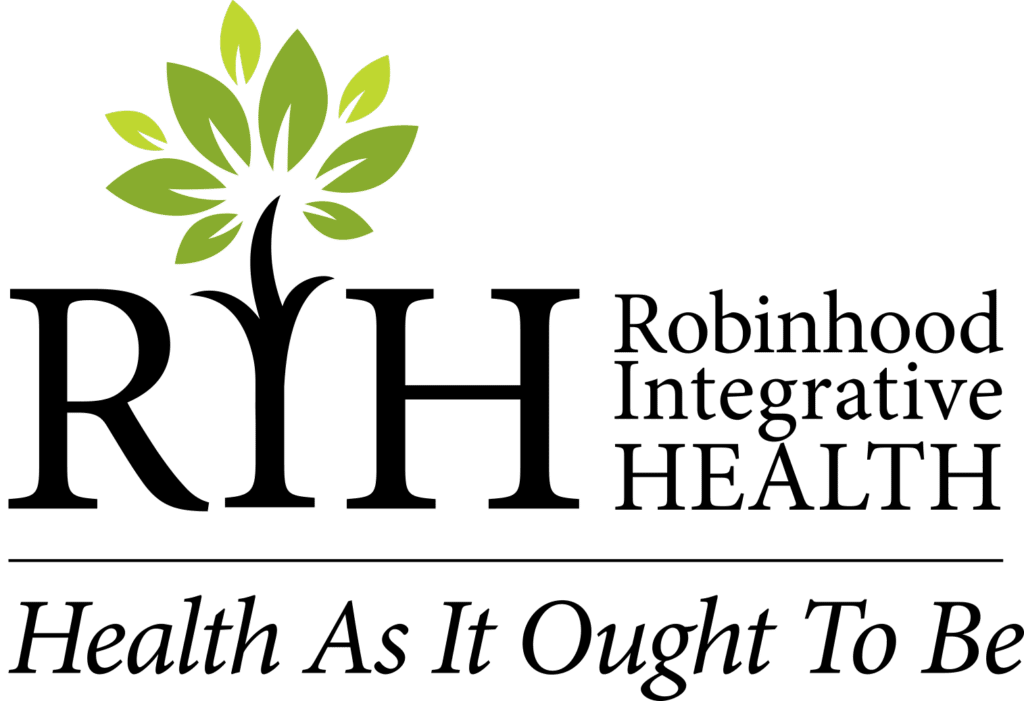Polycystic Ovary Syndrome (PCOS) is a hormonal disorder that affects millions of women worldwide. Despite its prevalence, there remains a considerable amount of misinformation and misunderstanding surrounding this condition. The symptoms can be subtle, leading many to go undiagnosed for years. By learning about PCOS, individuals can better understand its implications, get the right treatment, and make informed choices about their health. Greater awareness can also foster compassion and support from loved ones. Below, we highlight three essential things you should know about PCOS.
1. It’s More Common Than You Think
PCOS affects between 8% to 13% of women in their reproductive years globally, making it one of the most common endocrine disorders among women. Despite its prevalence, many women remain undiagnosed due to a lack of awareness and understanding of its symptoms, which can vary widely. Common symptoms include irregular menstrual cycles, excessive hair growth, acne, and weight gain. Some may also experience thinning hair, fatigue, or mood changes, further complicating diagnosis. Understanding that PCOS is common can help reduce the stigma and encourage more women to seek medical advice. Timely intervention by knowledgeable doctors can help manage symptoms and prevent long-term complications.
2. Lifestyle Changes Can Make a Difference
While there is no cure for PCOS, lifestyle changes can significantly improve symptoms and outcomes for those affected. Integrating a balanced diet and regular exercise can help regulate menstrual cycles and reduce insulin resistance. Stress management techniques, such as yoga or meditation, may also play a valuable role in symptom control. According to the Institute for Healthcare Policy and Innovation, women are more likely than men to be interested in trying integrative medicine strategies, with 44% of women saying they would be interested. This openness to holistic approaches can complement traditional treatments, offering a more comprehensive strategy for managing PCOS. Collaborating with doctors who understand both conventional and integrative treatments can provide a well-rounded care plan tailored to individual needs.
3. It’s Not Just a Fertility Issue
PCOS is often misunderstood as solely a fertility issue; however, its implications extend beyond reproductive health. Women with PCOS are at higher risk for developing other health problems such as type 2 diabetes, high cholesterol, and heart disease. The condition can also lead to sleep disturbances and an increased risk of metabolic syndrome, which further impacts long-term health. Additionally, mental health issues such as anxiety and depression are more prevalent among those with PCOS due to hormonal imbalances and physical symptoms that can affect quality of life. Mental health support and regular checkups with doctors familiar with PCOS can lead to more effective, ongoing management and improved overall well-being.
How Robinhood Integrative Health is Different
At Robinhood Integrative Health, our approach to treating PCOS diverges significantly from traditional medical practices. While conventional doctors often rely on birth control to mask symptoms, we focus on addressing the root causes of PCOS to promote lasting healing. We target underlying issues such as insulin resistance, hypothyroidism, hormone imbalances (particularly low progesterone), and elevated androgen levels. By developing personalized treatment plans that correct these imbalances—through nutrition, lifestyle changes, and targeted therapies—our providers aim to alleviate symptoms and restore quality of life, empowering patients to achieve optimal health without merely suppressing the condition.
Understanding PCOS is vital for those affected and those around them. By acknowledging its prevalence, exploring lifestyle changes, and comprehending its broader health implications, individuals can be proactive in their healthcare decisions. Education empowers women to advocate for themselves and seek timely support from healthcare professionals. Raising awareness and encouraging open discussion about PCOS can lead to earlier diagnosis, better management, and improved quality of life for many women.
If interested in trying a new approach to PCOS at RIH please fill out a new patient form to become established as a patient.

